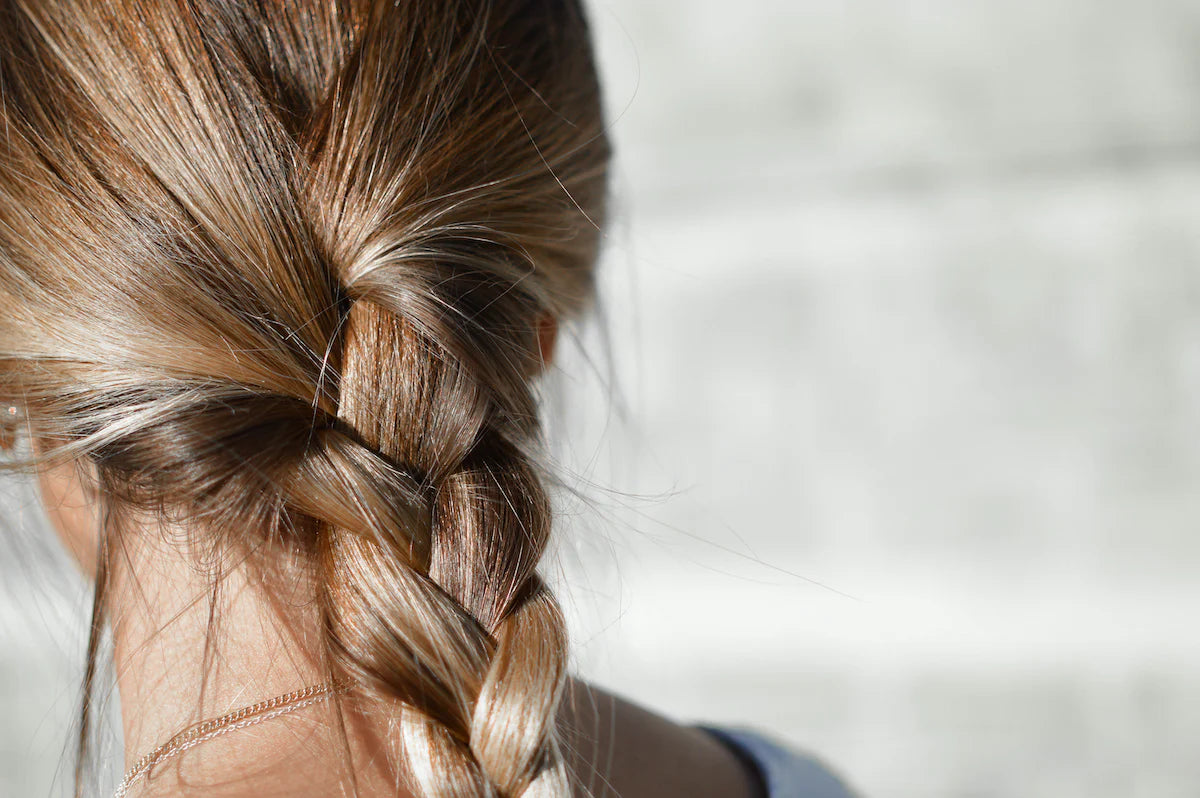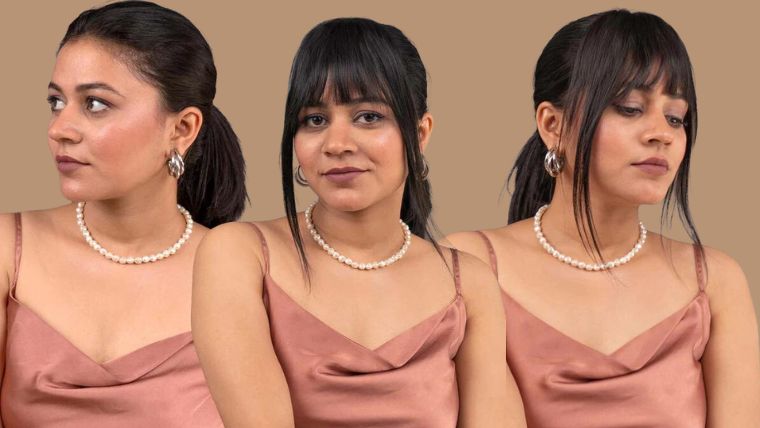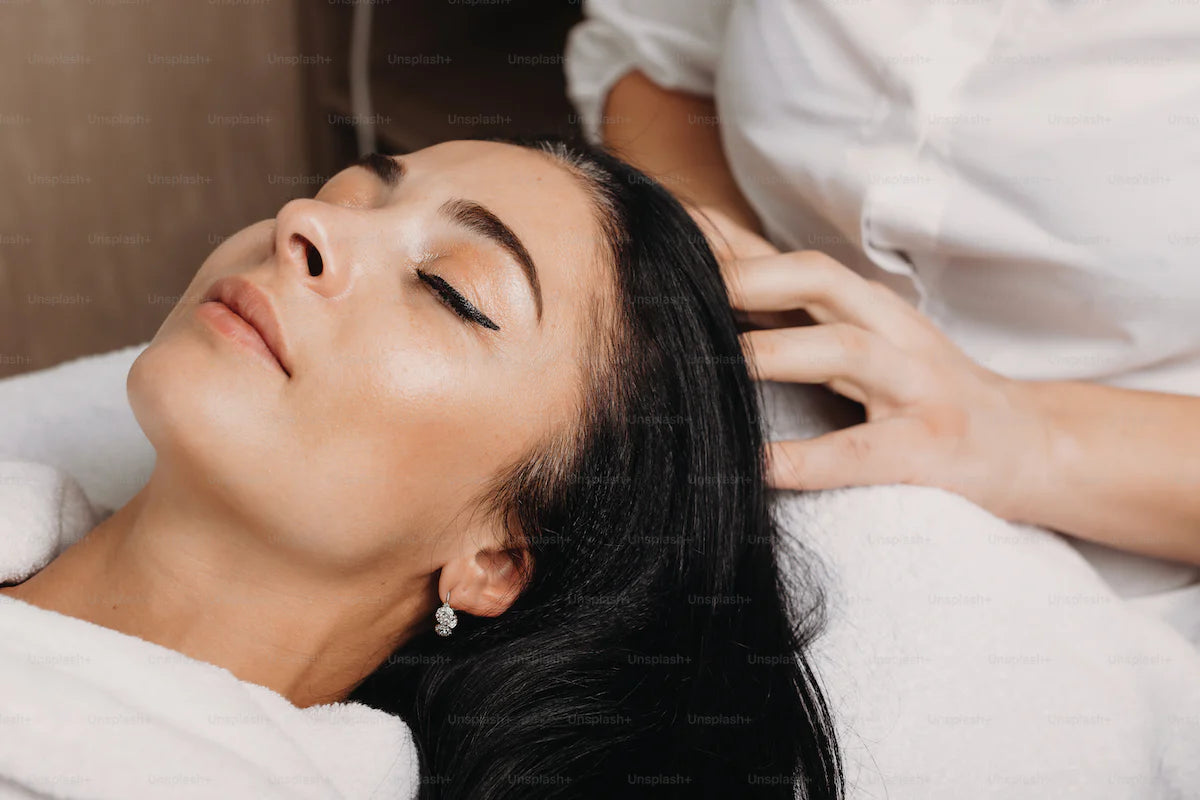Hair, with its myriad of textures, colours, and styles, has always been a subject of fascination and countless myths. From old wives' tales whispered from generation to generation to well-intentioned advice from friends and family, there's a vast landscape of misinformation when it comes to hair care.
In this comprehensive guide, we're embarking on a journey to set the record straight by debunking ten common hair myths. Prepare to unravel the truth about maintaining healthy and beautiful locks as we dig deeper into these widespread misconceptions.
What is Hair Myth?

Myths are beliefs or ideas that are widely held but lack a basis in factual or scientific evidence. In the context of hair myths, they often perpetuate misconceptions and can be particularly dangerous.
Hair myths can lead individuals to adopt practices that may harm their hair rather than benefit it. These myths can fuel unnecessary anxieties about hair growth, texture, and health.
For example, the belief that cutting hair frequently makes it grow faster may lead to excessive trimming, ultimately preventing individuals from achieving the length they desire. Similarly, the misconception that shampooing daily is essential for cleanliness can strip hair of its natural oils, causing dryness and damage.
In essence, hair myths can misguide people, leading to detrimental practices and preventing them from making informed choices about hair care, potentially resulting in less healthy, less vibrant hair. Therefore, debunking these myths is essential for promoting proper hair care and ensuring individuals can achieve their hair goals safely and effectively.
Top 10 Hair Myths Debunking
Myth 1: Cutting Your Hair Makes It Grow Faster

Debunked: This enduring myth has been passed down for generations. The truth is that hair grows from the roots, not the tips. While regular trims can help prevent split ends and breakage, they don't miraculously affect the rate of hair growth.
Myth 2: Plucking One Gray Hair Causes More to Grow
Debunked: The fear of plucking a single grey hair and inciting a mass rebellion of greys is unfounded. Plucking one grey hair won't lead to more greys sprouting in its place. However, it's best to avoid plucking altogether, as it can potentially damage the hair follicle and lead to eventual hair loss.
Myth 3: Shampooing Every Day Is Necessary for Clean Hair

Debunked: Daily shampooing has long been seen as a cornerstone of hair care. However, it can strip your hair of its natural oils, leaving it dry and brittle. In reality, most people can maintain clean hair by shampooing every 2-3 days or even less frequently, depending on their hair type and lifestyle.
Myth 4: Cold Water Makes Hair Shinier
The idea that a chilly blast of water during your shower can significantly impact hair shine is more fiction than fact. While cold water may slightly flatten the hair cuticle, it doesn't provide a substantial shine boost. What truly matters is using the right products and techniques tailored to your hair type to achieve the desired shine.
Myth 5: You Can "Repair" Split Ends

Debunked: The notion of repairing split ends without cutting them is a persistent myth. Once a hair strand splits, there's no magic potion or product that can fuse it back together. Trimming is the only effective way to get rid of split ends and prevent them from travelling up the hair shaft.
Myth 6: Using Hair Products with Keratin Can Replace Lost Keratin
Debunked: Keratin-infused hair products have gained popularity for their promise of improved hair health. While these products can temporarily enhance hair's appearance, they don't actually replace lost keratin within the hair shaft. True keratin replenishment happens deep within the hair's structure and typically requires professional treatments.
Myth 7: Brushing Your Hair 100 Strokes a Day Makes It Healthier

Debunked: The image of meticulously brushing your hair exactly 100 times before bed, as advocated by some, is more likely to lead to hair damage than health. Excessive brushing can cause hair to break and weaken, particularly if done with force. A better approach is to gently detangle your hair as needed with a wide-toothed comb or a brush designed for your hair type.
Myth 8: Hair Grows Faster in Men than Women
Debunked: It's a common belief that men's hair grows faster than women's. However, hair growth rates are similar in both genders. Individual genetics, hormonal fluctuations, and overall health play more significant roles in determining hair growth speed. While it may appear that men's hair grows faster because they typically have shorter styles, it's a matter of perception rather than biological fact.
Myth 9: Colouring Your Hair Causes Permanent Damage

Debunked: The myth that hair colouring inevitably leads to irreversible damage is overly simplistic. High-quality hair colour products, combined with proper care and regular maintenance, can minimise potential damage. Choosing professional colouring services and products, as well as following post-coloring care instructions, can significantly reduce the risk of harm to your hair.
Myth 10: Greasy Hair Means You Should Shampoo More
Debunked: The common assumption that washing your hair more frequently will alleviate greasiness can backfire. Over-shampooing can strip your scalp of its natural oils, leading to an overproduction of oil to compensate, making your hair greasier. Instead, consider using a clarifying shampoo or consult a hairstylist for guidance on managing oily hair effectively.
Conclusion
By exploring and debunking these prevalent hair myths, we've gained a clearer understanding of how to maintain healthy, beautiful locks. Armed with accurate information, you can tailor your hair care routine to your specific needs and make more informed choices.
Remember that each person's hair is unique, and what works for one may not work for another. Seek professional advice when in doubt or faced with hair-related concerns.
Additionally, it's crucial to adapt your hair care practices to your hair type, lifestyle, and individual goals. Rather than falling prey to common misconceptions, embrace a holistic approach to hair care that considers factors like diet, hydration, and overall health.
Consult with hairstylists or dermatologists for personalised guidance when dealing with specific hair issues or making significant changes to your hair care routine. In doing so, you can foster a healthier relationship with your hair, ensuring it remains strong, vibrant, and a reflection of your unique beauty.
With the wisdom gained from dispelling these myths, you're better equipped to embark on your journey to radiant, confident, and beautiful locks that truly showcase your individuality.














